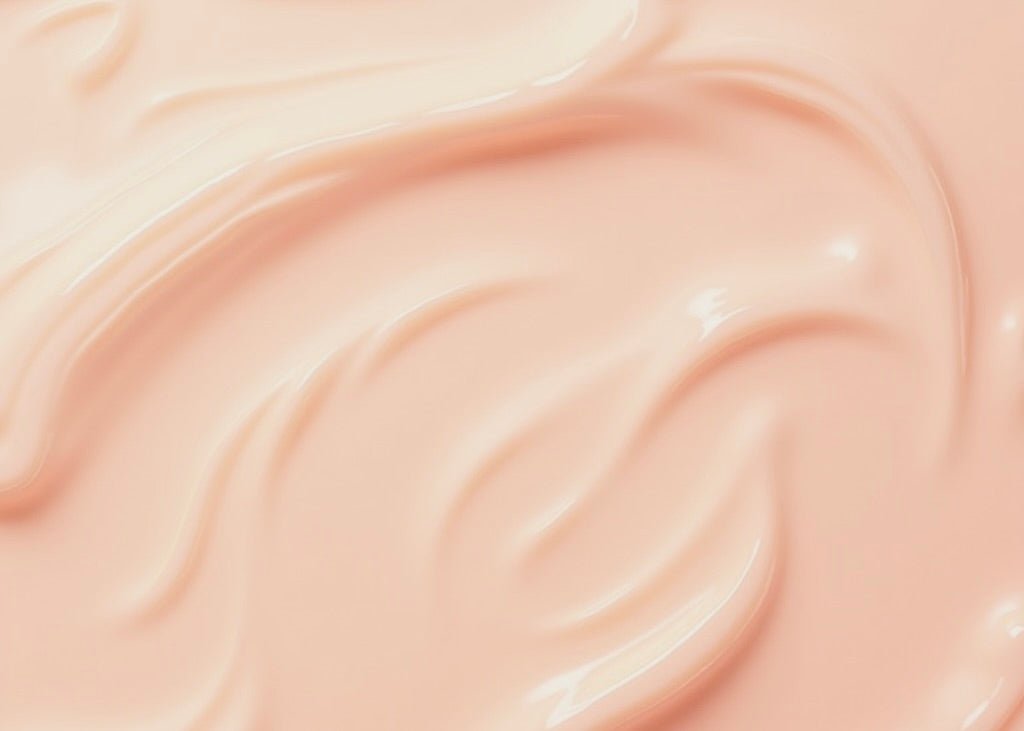
How to Shop for the Best Moisturizer for Acne-Prone Skin
With a plethora of products promising to banish blemishes and promote clear skin, how do you know which moisturizer is the best for you? The key lies in understanding your skin type, the ingredients to look for, and the ones to avoid. Let's embark on this journey to find the best moisturizer for acne-prone skin.
Understanding Acne-Prone Skin
Acne-prone skin is characterized by frequent breakouts and blemishes. It's often oily, as excess sebum production is one of the main causes of acne. However, it's important to note that even oily skin needs hydration. Skipping moisturizer can actually lead to more oil production as your skin tries to compensate for the lack of moisture.
Acne is not just a teenage problem; it can affect people of all ages. Hormonal changes, stress, diet, and certain medications can all contribute to acne. Therefore, it's crucial to choose a moisturizer that addresses these issues without causing further irritation or breakouts.
Ingredients to Look for in a Moisturizer
When shopping for a moisturizer for acne-prone skin, it's essential to read the ingredient list. Certain ingredients can help manage acne and improve skin health. Here are some ingredients to look for:
- Salicylic Acid: This beta hydroxy acid (BHA) is a common ingredient in acne treatments. It helps to exfoliate the skin and unclog pores.
- Niacinamide: Also known as vitamin B3, niacinamide can reduce inflammation, lighten dark spots, and regulate sebum production.
- Hydroxy Acids: Alpha hydroxy acids (AHAs) like glycolic acid and lactic acid can help exfoliate the skin, reducing the appearance of acne scars and promoting a smoother skin texture.
- Natural Ingredients: Natural and sustainable ingredients like aloe vera, green tea, and tea tree oil can soothe inflammation and fight acne-causing bacteria.
Remember, the higher up on the ingredient list, the more of that ingredient is in the product. So, make sure these acne-fighting ingredients are listed near the top.
Ingredients to Avoid
Just as there are ingredients that can help acne-prone skin, there are also those that can exacerbate the problem. Here are some ingredients to avoid:
- Alcohol: While it might seem like a good idea to dry out oily skin, alcohol can actually strip the skin of its natural oils, leading to more oil production and potentially more breakouts.
- Fragrance: Synthetic fragrances can irritate the skin, leading to inflammation and breakouts. Opt for fragrance-free products or those with natural fragrances.
- Comedogenic Ingredients: These are ingredients that can clog pores, leading to breakouts. Common comedogenic ingredients include coconut oil, palm oil, and wheat germ oil.
It's worth noting that everyone's skin is different. What works for one person might not work for another. It's always a good idea to patch test a new product before applying it to your entire face.
How to Choose the Right Moisturizer
Now that you know what ingredients to look for and avoid, how do you go about choosing the right moisturizer? Here are some steps to follow:
- Know Your Skin Type: While acne-prone skin is often oily, it can also be dry or combination. Knowing your skin type can help you choose a moisturizer that will provide the right level of hydration without causing breakouts.
- Read the Label: Look for terms like "non-comedogenic," "oil-free," and "fragrance-free." These indicate that the product is less likely to cause breakouts.
- Check the Ingredients: As discussed earlier, look for acne-fighting ingredients like salicylic acid, niacinamide, and natural ingredients. Avoid products with alcohol, synthetic fragrances, and comedogenic ingredients.
- Test the Product: If possible, try a sample of the product before purchasing. This will allow you to see how your skin reacts to the product and whether it provides the right level of hydration.
Remember, finding the right moisturizer can take some trial and error. Don't be discouraged if the first product you try doesn't work. Keep trying until you find one that works for your skin.
Conclusion
Shopping for the best moisturizer for acne-prone skin doesn't have to be a daunting task. By understanding your skin type, knowing what ingredients to look for and avoid, and following a few simple steps, you can find a moisturizer that helps manage your acne and improve your skin health. Remember, skincare is a journey, not a destination. Be patient with your skin and give it the care it deserves.
And lastly, always remember that natural and sustainable skincare ingredients are not only beneficial for your skin but also for the environment. So, let's make a conscious effort to choose products that are good for us and our planet.














